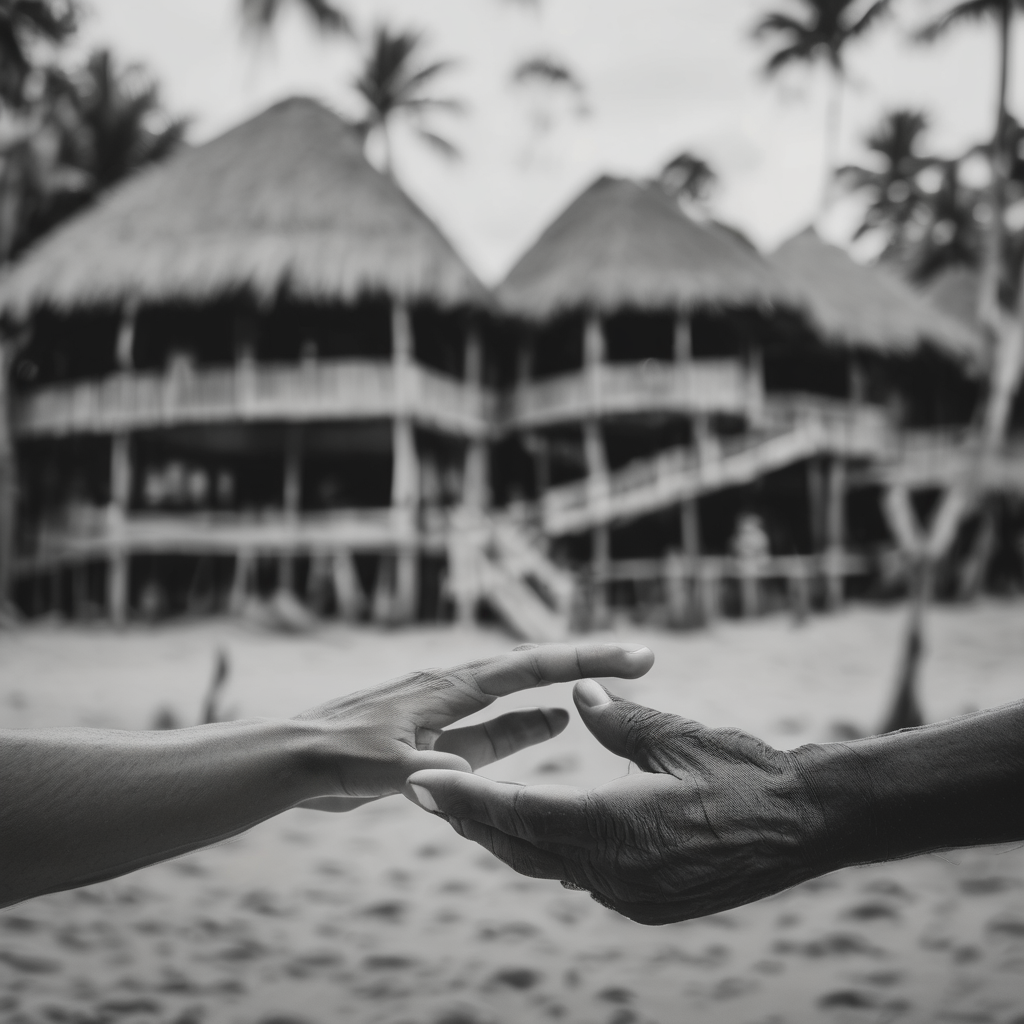Fiji is advancing towards the recognition of sign language as a fundamental human right, as highlighted by Sashi Kiran, the Minister for Women, Children, and Social Protection. During the International Day of Sign Language, Kiran underscored the theme “No Human Rights Without Sign Language Rights,” acknowledging communication as essential to dignity and equality. She praised the efforts of the Fiji Association of the Deaf, Harland Ministries Trust’s Gospel School for the Deaf, and the newly established Sign Language Interpreters Association Fiji (SLIAF).
Kiran noted that Fiji’s journey with sign language began in religious venues and expanded into educational settings, ultimately leading to the presence of interpreters on national television and in parliament. The Fijian government emphasizes the importance of recognizing sign language as an official language due to its vital role in connecting the Deaf community. Kiran referred to the Cabinet-approved Disability Policy as a framework that complements existing education and health policies.
The Minister stressed the significance of inclusion starting at home, in educational settings, workplaces, and communities to ensure nobody is excluded. She called on policymakers and educators to enhance sign language education, provide accessible services, and ensure equal opportunities. Kiran emphasized that sign language is not just a communication tool but a rich expression of identity and culture that enriches diversity and unity. Despite progress, challenges persist, but the vision remains for a world where Deaf people can communicate freely and without hindrance.
The launch of SLIAF marks a significant step in formalizing and enhancing access to sign language, addressing long-standing communication barriers in education, justice, media, and community areas. This move aligns with regional and global trends toward inclusion, recognizing sign language as essential for building inclusive societies. Continued advocacy and policy efforts in Fiji demonstrate a commitment to ensuring Deaf individuals can fully participate in societal life, fostering hope for greater recognition and implementation of sign language rights in the country.
